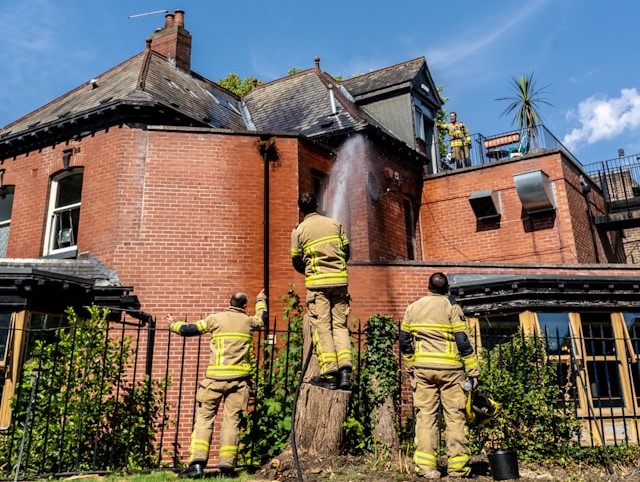Gaps in public perceptions of extreme heat highlight UK’s lack of preparedness

Download
Under a changing climate, heatwaves are expected to become more frequent, prolonged and extreme, posing substantial risks to populations around the world. Public perceptions of extreme heat are chronically under-researched, despite being important precursors to heat-protective actions, policy acceptance and community heat resilience.
In a nationally representative survey of UK residents, the authors of this paper find several dividing lines, gaps and contradictions in heat perceptions concerning national and individual-level preparedness, heat behaviours and communication. They find that heat is viewed as life-threatening and the public believes the UK is not prepared, but while the risk to other people is acknowledged, few individuals besides those categorised as ‘vulnerable’ see themselves at risk. Perceptions are also influenced by geographical location, with those in urban areas more likely to perceive a risk.
Proactive, people-centred measures must account for these perceptual gaps to minimise the impacts of extreme heat and to safeguard those most vulnerable in the UK and beyond.
Key points for decision-makers
- Extreme heat has become a significant concern in the UK but the country is unprepared for heatwaves: for example, more than half the UK’s building stock is already at high risk of overheating.
- Risk perception is known to affect an individual’s exposure and (behavioural) response to heat but public perceptions of extreme heat in the UK remain under-researched.
- The authors carried out a survey of 1,750 UK residents in August 2023 to understand the specific gaps that exist in public perceptions of extreme heat and very hot weather.
- The findings suggest the public does not consider the UK to be prepared to respond to the impacts of extreme heat and that they have low confidence in government on this issue.
- Respondents overall showed an underestimation of personal risk from heatwaves but there were variations. Respondents categorised as vulnerable, and those living in Greater London and other urban areas, more generally demonstrated a higher degree of awareness that heat could affect them, their workplace and where they live in future.
- Workplaces were perceived as being at lower risk from heat compared with homes.
- Most of the sample had noticed an increase in media coverage of heat events but questions were raised about how heat is reported.
- Respondents were turning to weather services over national and local government sources for information on heat.
- Respondents agreed that action to prepare for and respond to extreme heat, such as energy-intensive measures including air conditioning, should not contribute to making climate change worse, but they showed a lack of understanding of the environmental impacts (which, for air conditioning, include increasing emissions and local ambient temperature).
- The authors conclude that if the issues highlighted are not addressed, the UK will face significant challenges in facilitating public adoption of heat preparedness and response measures.

